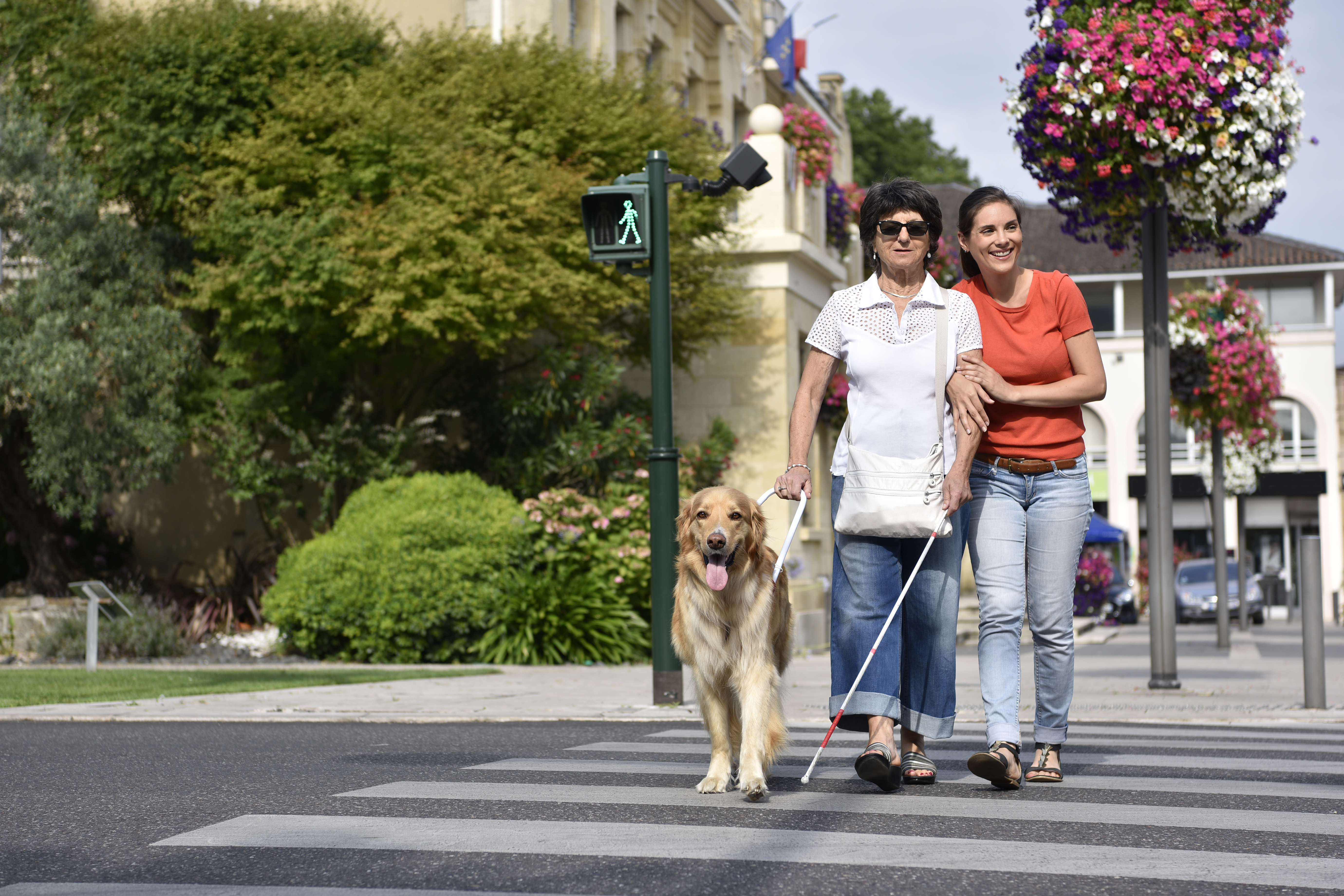Each person served by Florida’s Division of Blind Services (DBS) works with a counselor to determine how much assistance the individual needs, and which supports and services are best for their life. Counselors have helped many DBS clients adapt to living with blindness or visual impairment and regain confidence in their abilities.
Until a couple of years ago, counselors did not work closely with employment placement specialists (EPS), also employed by DBS, to whom they would refer job seekers. The EPS would then take on the responsibility of helping the job seekers find employment. In many instances, counselors would be brought into job situations to help people maintain employment by helping them become oriented to workplaces and obtain any needed accommodations and natural supports.
Counselors and EPS would have one-on-one meetings from time to time to discuss job seekers’ progress and brainstorm work opportunities. However, as much as they wanted to help the job seekers succeed in employment, the counselors had more training and experience working to prepare job seekers for employment than understanding their local labor market.
In 2016, in line with its strategic plan’s focus on assisting clients to find employment, DBS made it easier for counselors and EPS to work together. Under the direction of Stacy Smith, the statewide business consultant for employment services, DBS offices throughout Florida were supported to begin holding weekly EPS business meetings attended by the EPS, counselors, and supervisors.
Ms. Smith visited each DBS district office and introduced the EPS and counselors to a blueprint of the new meeting format. She shared with these teams that the EPS would lead the meetings by presenting the latest local labor market information and reviewing the list of job seekers referred to them by the counselors. From there, the teams would discuss employer contacts, work experiences, and on-the-job training opportunities.
Lessons learned:
According to Ms. Smith, the weekly meetings between EPS and counselors have improved employment services. The regularity of the meetings has built a sense of teamwork between counselors and EPS. Holding the meetings in this way allowed people to talk together about what the job seekers were doing or about other work opportunities. The meetings also saved time for EPS, who no longer needed to explain labor market information and employer demands to each counselor one-on-one.
An important reason why the meetings have been so effective is that DBS has established standards and procedures for all DBS offices to use when conducting them. To ensure follow-through, Ms. Smith facilitates and models the meeting structure in district offices that have requested additional support. Strategies such as holding the meetings at the same time each week have helped counselors and EPS to reinforce the importance of the meetings and make meeting attendance a habit for all staff.
In some DBS offices, such as the Jacksonville office, the weekly meetings have had such a positive effect on teamwork that EPS and counselors have started working together in a number of situations. EPS John Mosley explained that while he and the counselors have their weekly meetings, they also work as a team between meetings to connect people to employers. He has brought employers to DBS to educate them about how the counselors help people develop workplace skills.
Counselor Nancy Bateh explained that she will often go with Mr. Mosley to meet a new potential employer to develop work experience opportunities or talk about how DBS supports the employment process, whether or not they know of someone who would be a good fit for that employer. In a few cases, DBS clients who themselves are business owners or hiring managers and have sought out DBS for sight restoration services have told Mr. Mosley and Ms. Bateh that they would consider other DBS job seekers for employment opportunities.
The stronger sense of teamwork has made it possible for EPS and counselors to go to job fairs together or with job seekers, and the counselors have grown more skilled at job development. EPS and counselors have also worked together with job seekers using resources at other agencies, such as CareerSource.
The work of the EPS and their regular interaction with counselors may help explain recent improvements in employment outcomes and wages in Florida for DBS clients. DBS’s goal is to have 755 people employed per year. 855 people were employed in 2017, and 852 were employed in 2018. The average wage was $12.89 per hour in 2017 and $14.00 per hour in 2018.
For more information, please contact:
Stacy Smith
Statewide Business Consultant for Employment Services
Florida Division of Blind Services
stacy.smith@dbs.fldoe.org

